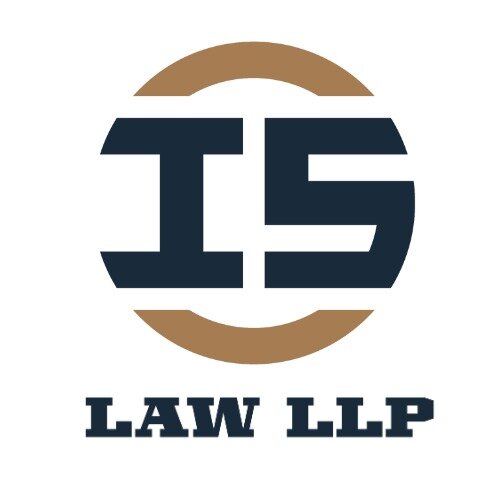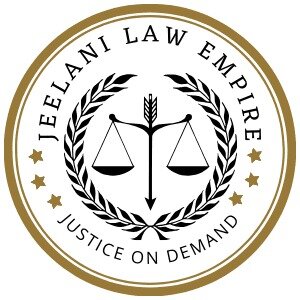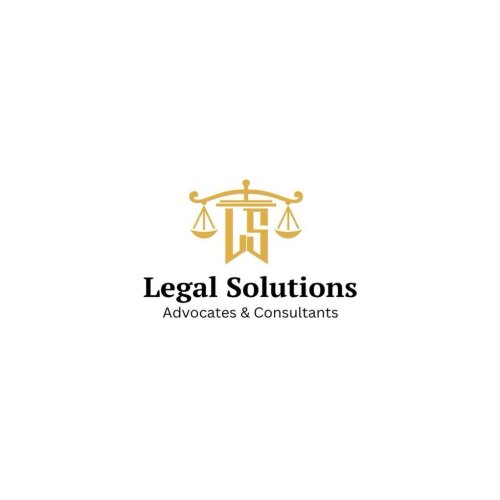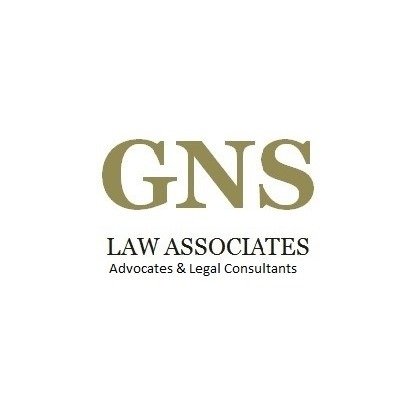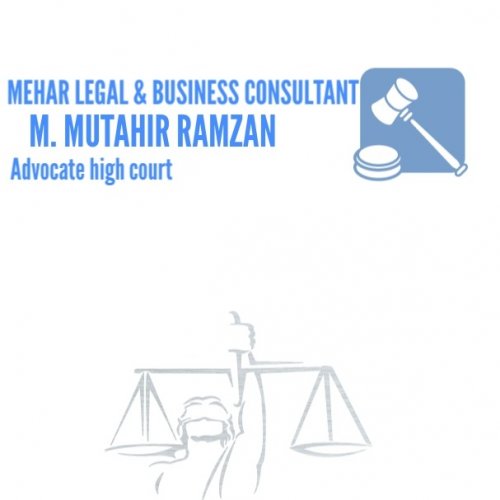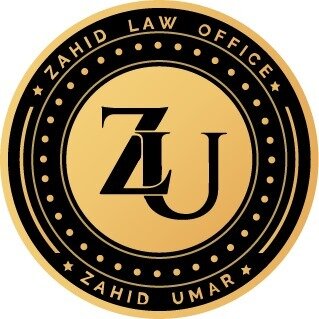Best Creditor Lawyers in Pakistan
Share your needs with us, get contacted by law firms.
Free. Takes 2 min.
Or refine your search by selecting a city:
List of the best lawyers in Pakistan
About Creditor Law in Pakistan
Creditor law in Pakistan is a specialized area of law that deals with the rights and responsibilities of parties involved in credit transactions. These laws are designed to provide a legal framework for resolving disputes between creditors and debtors. Creditor laws in Pakistan are influenced by a combination of common law principles, statutory provisions, and Islamic finance rules. They encompass a range of issues including loans, mortgages, credit agreements, and bankruptcy.
Why You May Need a Lawyer
There are several scenarios where you might need legal assistance regarding creditor matters in Pakistan. If you are facing issues such as non-payment of debts, seeking debt recovery, dealing with bankruptcy proceedings, or need help drafting or reviewing credit agreements, it is advisable to consult with a lawyer. Legal assistance can help in protecting your rights, negotiating settlements, and ensuring that you comply with applicable laws to avoid penalties or legal consequences.
Local Laws Overview
The key aspects of local laws related to creditor rights in Pakistan revolve around several important legislative frameworks. The Companies Ordinance, 1984 outlines the procedures for corporate debt recovery, while the Financial Institutions (Recovery of Finances) Ordinance, 2001 provides mechanisms for financial institutions to recover funds. Unlike some jurisdictions, Pakistan incorporates Islamic finance principles which prohibit interest; thus, Shariah-compliant structures are often used within creditors' arrangements. Additionally, the Civil Procedure Code provides the foundation for legal processes involving creditors and debtors.
Frequently Asked Questions
1. What rights does a creditor have in Pakistan?
A creditor has the right to receive payment as per the terms agreed in the credit agreement, to seek redress through financial recovery ordinances, and to take legal action against the debtor in case of default.
2. Can a creditor in Pakistan charge interest?
Conventional interest-based charging is typically replaced by profit-sharing or markup structures due to the Islamic finance system. Credit agreements must comply with Shariah principles.
3. How can a creditor recover a loan from a debtor?
Creditors can file a recovery suit under the appropriate laws, seek arbitration, or use recovery tribunals established under the Financial Institutions (Recovery of Finances) Ordinance, 2001.
4. What is the process for filing a lawsuit for debt recovery?
The creditor must file a plaint with the relevant court, detailing the claim against the debtor. The court will then summon the debtor, and if justified, pass a decree for recovery.
5. Are there any time limitations for recovering debts?
Yes, debt recovery must be initiated within the prescribed limitation period, which usually is three years from the date of the debt becoming due.
6. How are disputes between creditors and debtors settled?
Disputes can be settled through arbitration, negotiation, or court adjudication, depending on the terms of the credit agreement and the nature of the dispute.
7. Can a creditor seize the debtor's property in Pakistan?
Property seizure is subject to court orders and generally follows a formal legal process such as execution proceedings after a judgment or decree for recovery is issued.
8. What happens if a debtor declares bankruptcy?
In the event of bankruptcy, creditors may file claims with the appointed liquidator. The debtor’s assets are distributed among creditors as per legal priorities.
9. Are there protections for debtors against creditors in Pakistan?
Yes, debtors are protected from harassment and illegal recovery methods. Creditors must follow legal procedures. In some cases, the debtor’s essential properties are exempted from seizure.
10. Are international creditors recognized under Pakistani law?
International creditors can enforce debts in Pakistan subject to local laws and treaties. Enforcement of foreign judgments may require additional legal formalities.
Additional Resources
If you require more information or legal assistance related to creditors in Pakistan, consider contacting the State Bank of Pakistan for information related to financial matters, or the Securities & Exchange Commission of Pakistan (SECP) for corporate finance regulations. Legal aid services and lawyer associations can also provide guidance and referrals.
Next Steps
If you are facing a creditor-related legal issue or require assistance, it is advisable to consult a lawyer who specializes in financial laws. Prepare all relevant documents, such as credit agreements and correspondence, before consulting a legal professional. Engaging with a lawyer early can help protect your interests and provide clarity on how best to proceed, whether through negotiation, legal action, or an alternative dispute resolution method.
Lawzana helps you find the best lawyers and law firms in Pakistan through a curated and pre-screened list of qualified legal professionals. Our platform offers rankings and detailed profiles of attorneys and law firms, allowing you to compare based on practice areas, including Creditor, experience, and client feedback.
Each profile includes a description of the firm's areas of practice, client reviews, team members and partners, year of establishment, spoken languages, office locations, contact information, social media presence, and any published articles or resources. Most firms on our platform speak English and are experienced in both local and international legal matters.
Get a quote from top-rated law firms in Pakistan — quickly, securely, and without unnecessary hassle.
Disclaimer:
The information provided on this page is for general informational purposes only and does not constitute legal advice. While we strive to ensure the accuracy and relevance of the content, legal information may change over time, and interpretations of the law can vary. You should always consult with a qualified legal professional for advice specific to your situation.
We disclaim all liability for actions taken or not taken based on the content of this page. If you believe any information is incorrect or outdated, please contact us, and we will review and update it where appropriate.
Browse creditor law firms by city in Pakistan
Refine your search by selecting a city.




